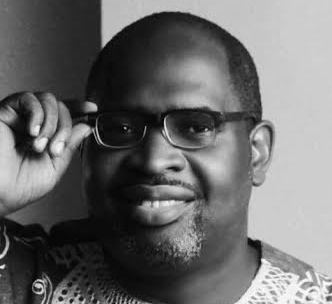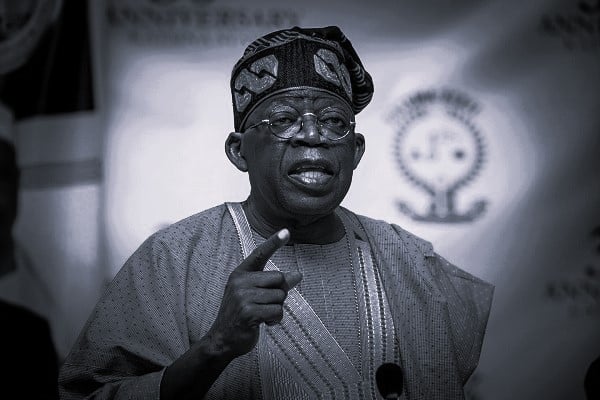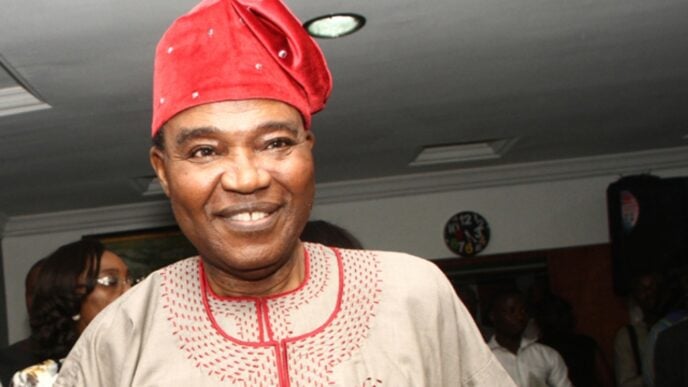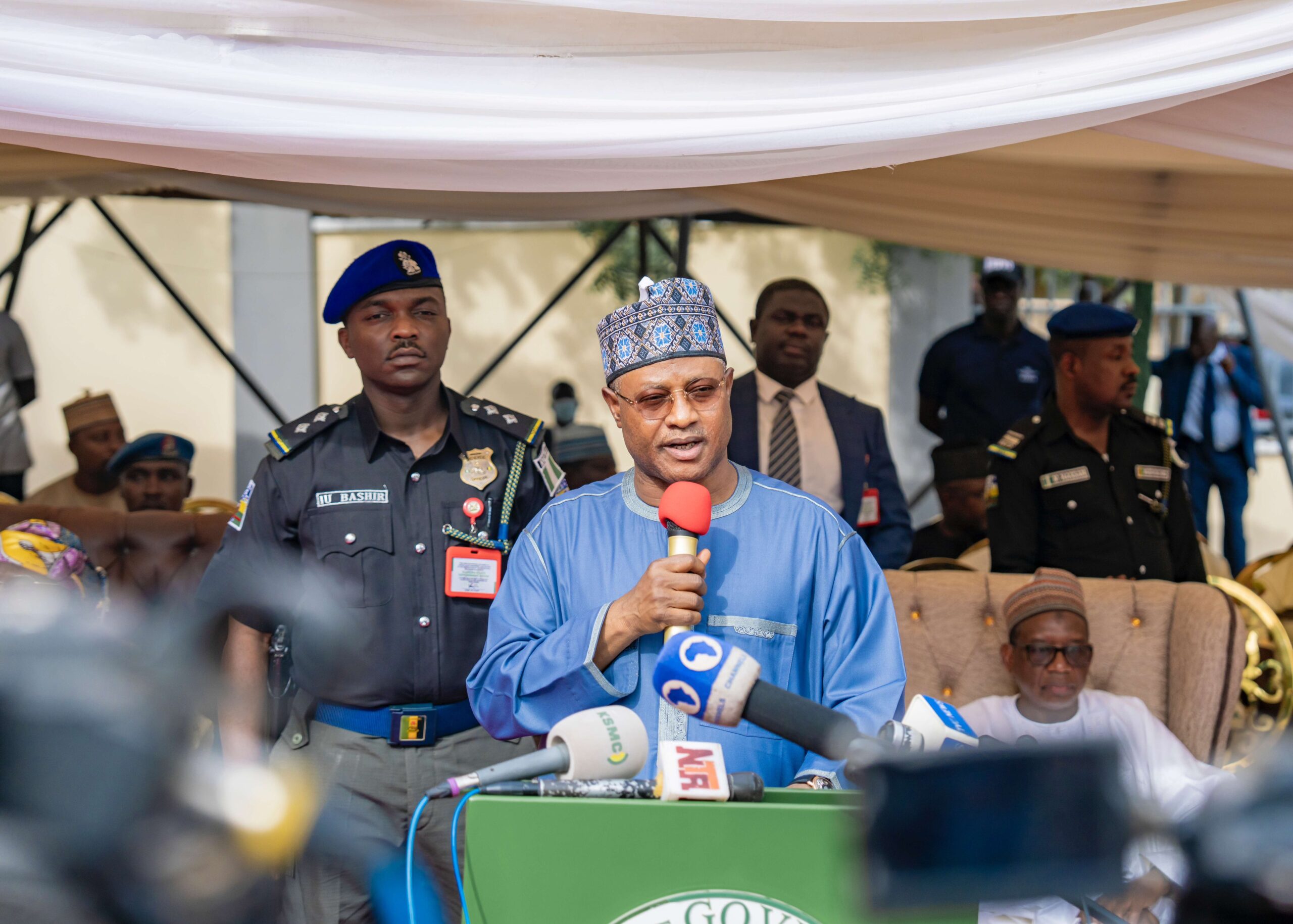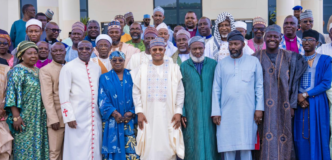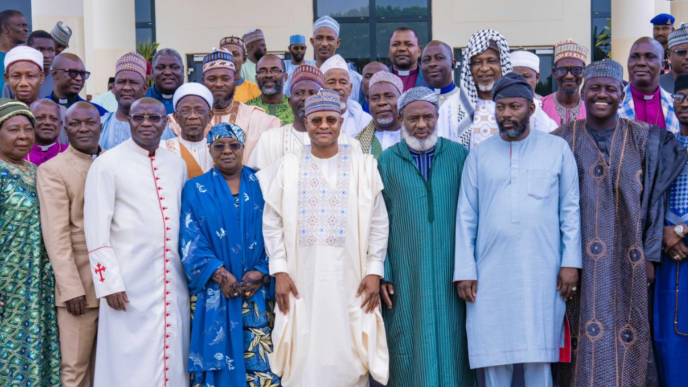As we commemorate the birthday of Professor Akinwande Oluwole Babatunde Soyinka, we honor a remarkable Nigerian playwright, poet, and political activist. I join the global community in celebrating the 90th birthday of world-renowned Professor Akinwande Oluwole Babatunde, famously known as Wole Soyinka or WS.
Professor Wole Soyinka is a man of many parts. He is an artist, dramatist, poet, essayist, musician, philosopher, teacher, human rights activist, and scholar who ranks as one of the finest writers we have seen. Born on July 13, 1934, in Abeokuta, Nigeria, Soyinka has left an indelible mark on literature, culture, and human rights advocacy. Soyinka’s journey has been about brilliance, courage, and unwavering commitment to the good of humanity.
Soyinka has published over 90 pieces of intellectual work. He writes about a diversity of issues. He has held university professorships and lectured at many higher education institutions, including the Obafemi Awolowo University, Loyola Marymount University, Los Angeles, Institute of African American Affairs, New York University, University of Nevada, Las Vegas, Harvard, Emory, Loyola Marymount, and Yale in the United States. He was appointed Arts Professor of Theater at NYU Abu Dhabi (NYUAD), effective September 1, 2022.
Some of his other works include A Dance of the Forests (1960): Written for Nigeria’s independence celebrations, this play stripped away romantic legends and exposed the nation’s challenges, The Lion and the Jewel (1959), A delightful satire that pokes fun at pompous, Westernized schoolteachers. Others are Death and the King’s Horseman (1975): A powerful exploration of cultural clashes, rituals, and personal sacrifice and
Advertisement
The Road (1965) which is a poignant reflection on societal disillusionment and the struggle for justice.
I loved his lighter plays and satirical works. I like The Trials of Brother Jero (performed in 1960 and published in 1963) and Jero’s Metamorphosis (1973). I also enjoyed King Baabu (published in 2002), A parody of Soyinka’s disregard for African authoritarian leadership. These plays showcase Soyinka’s talent, wit, and commitment to addressing societal issues through theater. WS continues to make an impact on the next generation with his works. For example, Soyinka’s play Death and the King’s Horseman was adapted for the screen recently – titled Elesin Oba, directed by Biyi Bandele and produced by Ebony Life TV and released on Netflix. He wrote this play in 1975, and it made it to Netflix in October 2022.
In 1996, he won the Nobel Prize for Literature, becoming the first African laureate to receive the Nobel Prize for Literature. The 1986 Nobel Prize judges characterized him as “one of the finest poetical playwrights that have written in English.”
Advertisement
In his prison memoir, he famously wrote: “The man dies in all who keep silent in the face of tyranny.” WS is not a man to be silent in the face of injustice, poor leadership, or abuse of human Rights. In his book, The Man Died, he wrote: “Books and all forms of writing have always been objects of terror to those who seek to suppress truth.” So, he used writing to speak to power.
Soyinka’s commitment to justice extends beyond his literary achievements. He is a fearless Critic who fearlessly criticized African authoritarian leadership, exposing corruption and abuse of power; he is a lover of Human Rights and Democracy and a committed lover of culture. For all this, he was imprisoned and lived in exile. During one of Nigeria’s spells under military rule in 1967, Soyinka was imprisoned for almost two years.
WS was forced into exile (again) in 1994 when the military head of state, Sani Abacha, confiscated his passport and later sentenced him to death. He only returned to Nigeria when Abacha himself died in 1998. WS would reject his nomination for the centenary award by the federal government and said he could not share the award with the late General Abacha, whom he described as a “murderer and thief of no redeeming quality”.
WS is a creator of several organizations. WS was one of the co-founders of Pyrates Confraternity in his days as a student at the University College, Ibadan. According to him, “What we formed in my university days was anti-corruption and justice-seeking student organization, not a cult group … I am still a member of Pyrates confraternity”. In 2010, Wole Soyinka launched a Nigerian political party called the Democratic Front for a People’s Federation and was the leader. He also led organizations like the National Democratic Organization, the National Liberation Council of Nigeria, and Pro-National Conference Organizations (PRONACO).
Advertisement
WS also created institutions that managed road safety in Nigeria. From Oyo State to serving as the Chairman of the Federal Road Safety Commission from 1988 – 1992. WS, ” The Corps was my very own idea. I invented the Road Safety Corps in the Old Oyo State days, while I was teaching at the former University of Ife. I was tired of picking up bodies on the Ife-Ibadan highway – which I dubbed the Ife-Ibadan Slaughter Slab. I got sick of scooping up the brains of my students from the tarmac after supposedly stuffing them with knowledge. I became a regular feature in the UCH emergency section where I routinely deposited the mangled. Nigerian road users’ stupidity, their irresponsibility enraged me on every trip etc. etc. – not to mention the superfluous presence of the police. They hadn’t the slightest interest in road sanity, only checking ‘partik’lars’ and collecting private tolls. So, call it an act of self-interest if you like, trying to save myself from high-blood pressure or even potential homicide – because, sometimes, I wanted to KILL some drivers! Well, one Sunday, after a particularly stressful trip, I locked myself in my university office and fleshed out the idea of a civilian volunteer ‘brigade’, backed by a handful of uniformed corps. I sent it to the then governor, General David Jemibewon….and that was how it all began. … we were invited to turn this state initiative into a federal one – under a military government. They were losing their finest officers on Nigerian roads, not on the battlefield, so they sent Bolaji Akinyemi to me as emissary. Some other states had emulated Oyo – they all came to Oyo for training, so the nationwide expansion was not too difficult… even before the Corps was formally inaugurated, I set up a secret Monitoring Unit, all volunteers. That was how we weeded out the misfits so early and earned a reputation for the cleanest agency in all of Nigeria. The road users learnt that they were in trouble if they offered a bribe. We even banned pleading, begging, including that nauseating habit of drivers and their passengers prostrating themselves on the road for leniency. I loathed that abject, self-abasing culture. I still do. The Road Safety Corps was justly feared.”
Former military president, Gen. Ibrahim Badamasi Babangida (rtd), in a statement titled: “Message of Goodwill on the 30th Anniversary of the Federal Road Safety Commission” wrote, “Our administration summoned Professor Soyinka to higher national service as the founding Corps Marshall of the FRSC. I am proud to say that the basic foundation of discipline, firmness and commitment to humanitarian service was laid at this initial period. “
In 2016, the Lagos State Governor, Akinwunmi Ambode, appointed Nobel Laureate Wole Soyinka and businessman Rasheed Gbadamosi as co-chairmen of the Lagos at 50 Planning Committee. In 2001, WS was appointed to play an active role in the 8th All-African Games (COJA). Dr. Amos Adamu, the Executive Director of the 8th All Africa Games in Abuja, had reached out to Professor Wole Soyinka to package the opening and closing ceremonies of the Abuja Games, and WS accepted to work for COJA.
Wole Soyinka’s legacy is multifaceted: a brilliant playwright, a Nobel laureate, and an unyielding advocate for human rights. His words inspire and challenge us, urging us to confront injustice and champion freedom. Soyinka’s impact extended beyond the stage and page as his words continue to inspire and challenge us, urging us to confront injustice and champion freedom. As we celebrate his birthday, let us honor the man who reminds us that literature can be a powerful force for change.
Advertisement
As we celebrate his birthday, let us honor the man who reminds us that literature can be a powerful force for change. May he continue in good health. I also pray that WS gets closer to his creator and enjoys the bliss that comes with the knowledge of God. I pray his dreams, passion and commitment to human development and a better Nigeria comes to pass. Nigeria shall be free and WS will see the Nigeria of his dreams. I wish Professor Soyinka a happy 90th birthday.
Happy birthday, Professor Soyinka! 🎉📚🌍
Advertisement
Views expressed by contributors are strictly personal and not of TheCable.
Add a comment
